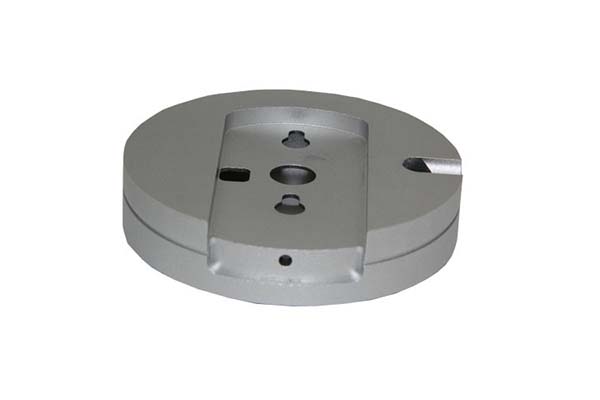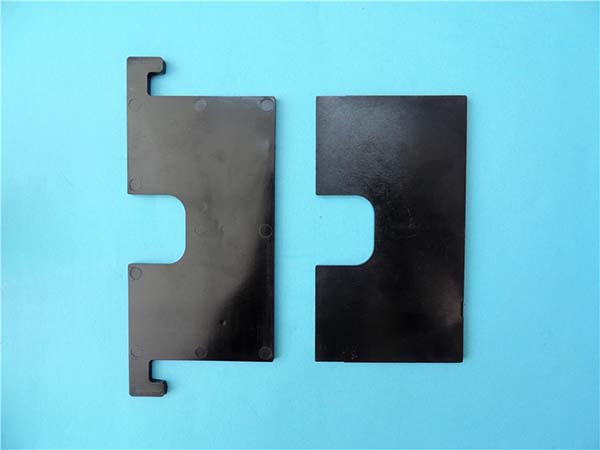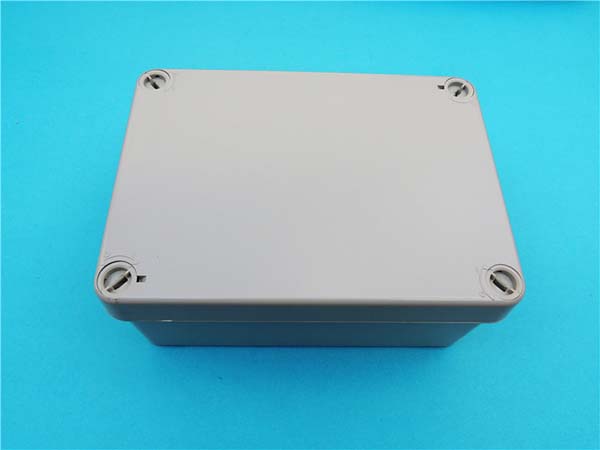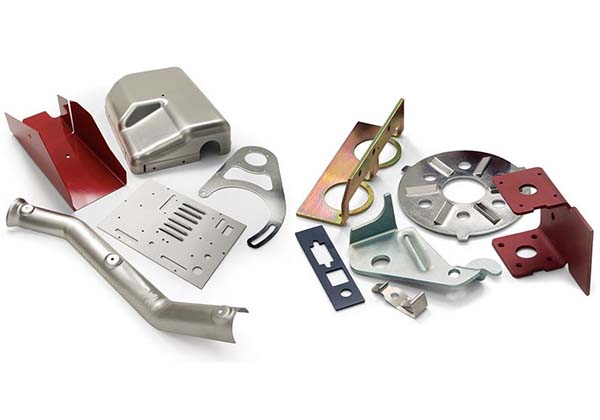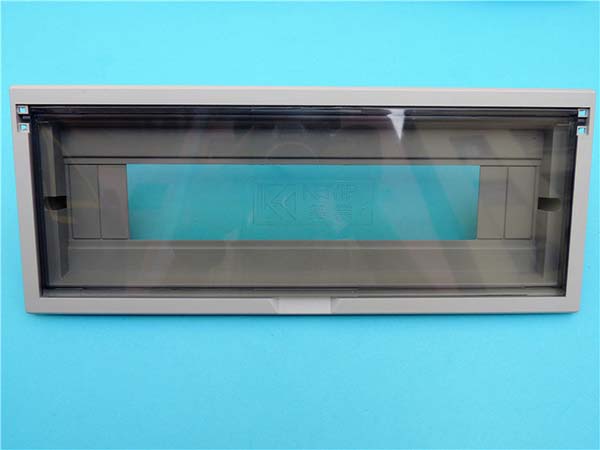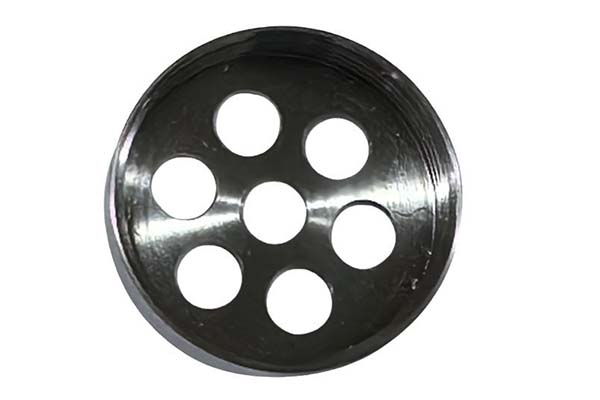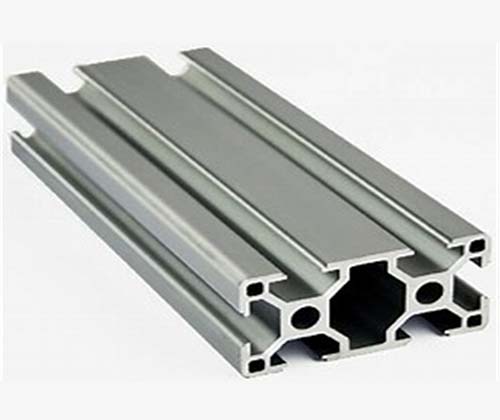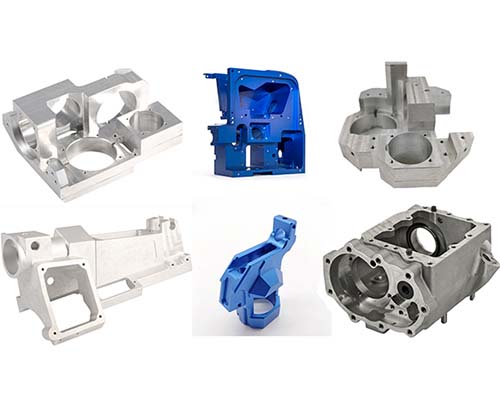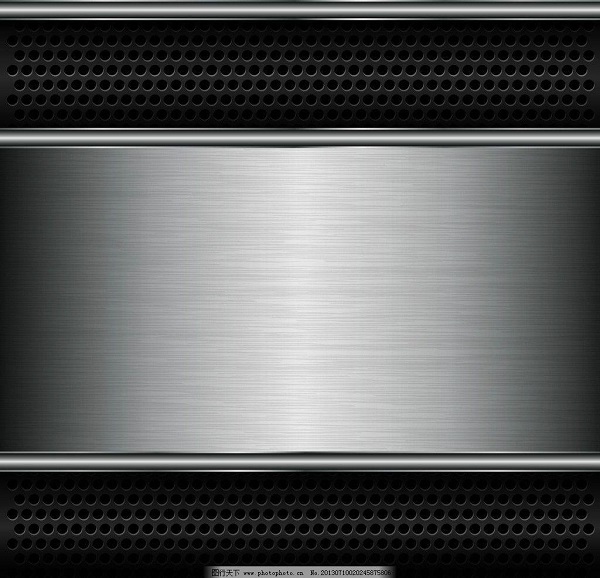Understanding the Basics of 18 Gauge Sheet Metal
What Does “18 Gauge” Mean?
In the world of sheet metal, "gauge" is a standard measurement for thickness. For 18 gauge sheet metal, the thickness is approximately 0.0478 inches or 1.214 millimeters. This measurement system is widely used in North America, while in other parts of the world, the metric system is more common for specifying sheet metal thickness.
Here is a comparison table of some common gauge sizes and their corresponding thicknesses:
| Gauge | Thickness (inches) | Thickness (millimeters) |
| 16 | 0.0625 | 1.588 |
| 18 | 0.0478 | 1.214 |
| 20 | 0.0359 | 0.912 |
| 22 | 0.0276 | 0.701 |
As you can see from the table, 18 gauge sheet metal is relatively thick compared to higher gauge numbers like 20 or 22. The lower the gauge number, the thicker the sheet metal. This relationship is important to understand when choosing the right sheet metal for your project. Thicker sheet metal (lower gauge) is generally more durable and can withstand more stress, while thinner sheet metal (higher gauge) may be more suitable for applications where weight is a concern.
Composition and Material
18 gauge sheet metal comes in a variety of materials, each with its own unique properties and applications. Here are some of the most common materials:
- Carbon Steel: This is one of the most widely used materials for 18 gauge sheet metal. Carbon steel is known for its high strength and durability. It offers excellent formability, making it suitable for a wide range of applications such as automotive parts, machinery components, and structural supports. However, carbon steel is prone to rust and corrosion, especially in humid or corrosive environments. To prevent corrosion, it often needs to be coated or painted.
- Stainless Steel: Stainless steel 18 gauge sheet metal is highly valued for its outstanding corrosion resistance. It contains chromium, which forms a protective oxide layer on the surface, preventing rust and staining. This makes it ideal for applications in the food industry, medical equipment, and marine environments where hygiene and corrosion resistance are crucial. Stainless steel also has good heat resistance and is relatively strong, although it may be more expensive than carbon steel.
- Aluminum Alloy: Aluminum alloy sheet metal in 18 gauge is popular for its lightweight nature. It is about one - third the weight of steel, which makes it a great choice for applications where weight reduction is important, such as in the aerospace industry, automotive body panels, and some consumer products. Aluminum alloy also has good corrosion resistance, especially when anodized. It is also relatively easy to machine and fabricate, but it has a lower strength - to - weight ratio compared to some steel alloys.
Key Properties of 18 Gauge Sheet Metal
Strength and Durability
18 gauge sheet metal is known for its impressive strength and durability. In terms of strength, carbon steel 18 gauge sheet metal typically has a tensile strength ranging from 40,000 to 70,000 pounds per square inch (psi), depending on its specific grade. This means it can withstand a significant amount of pulling or stretching force without breaking. For example, in construction, 18 gauge carbon steel sheets are often used for making structural components such as brackets and supports. These components can bear heavy loads over long periods, demonstrating the durability of the material.
In the automotive industry, 18 gauge sheet metal is used in some parts of the vehicle body. Despite being exposed to various environmental factors like road debris, moisture, and temperature changes, it can maintain its structural integrity for years, ensuring the safety and longevity of the vehicle.
Formability
One of the great advantages of 18 gauge sheet metal is its excellent formability. It can be easily processed into various shapes, making it suitable for a wide range of applications. Common processing methods include stamping and bending.
Stamping is a process where the sheet metal is placed in a die and a large force is applied to shape it into the desired form. For example, in the production of metal enclosures for electronic devices, 18 gauge sheet metal can be stamped into complex shapes with precise dimensions. When bending 18 gauge sheet metal, it's important to consider the material's bend radius. Generally, for carbon steel 18 gauge sheet metal, a minimum bend radius of about 1.5 times the thickness of the sheet is recommended to avoid cracking during the bending process. With proper tooling and techniques, it can be bent to angles as sharp as 90 degrees or more, allowing for the creation of various geometric shapes.
Corrosion Resistance (Depending on Material)
The corrosion resistance of 18 gauge sheet metal depends greatly on its material.
Stainless steel 18 gauge sheet metal contains chromium, usually in amounts of 10.5% or more, and often nickel as well. The chromium reacts with oxygen in the air to form a thin, invisible, and self - healing protective oxide layer on the surface. This layer acts as a barrier, preventing oxygen and moisture from reaching the underlying metal, thus providing excellent corrosion resistance. For instance, in food processing equipment, stainless steel 18 gauge sheet metal is used because it can resist the corrosive effects of food acids and cleaning agents, ensuring the safety and hygiene of the products being processed.
Aluminum alloy 18 gauge sheet metal also has good corrosion - resistant properties. When exposed to air, aluminum forms a thin oxide layer on its surface. This oxide layer, although not as tough as the one on stainless steel, still provides a certain level of protection against corrosion. Anodizing can further enhance the corrosion resistance of aluminum alloy sheet metal. Anodizing thickens the natural oxide layer, making it more durable. In outdoor applications such as aluminum siding, the anodized 18 gauge aluminum alloy sheet metal can resist the effects of rain, sunlight, and atmospheric pollutants for many years.
Yigu Technology's Perspective
As a non - standard plastic metal products custom supplier, Yigu Technology highly values 18 gauge sheet metal in the custom production field. Its optimal thickness endows it with a great balance between strength and formability, making it suitable for various custom - made products.
In terms of applications, we often use 18 gauge sheet metal in custom - made enclosures for electronic devices. Its strength can protect internal components well, and its formability allows for the creation of unique shapes to meet specific installation and aesthetic requirements. We also utilize it in manufacturing custom - designed brackets for machinery, where its durability ensures long - term reliable support.
Yigu Technology provides a comprehensive range of services related to 18 gauge sheet metal. Our professional engineers can offer material selection advice according to customers' needs, and we have advanced processing equipment for laser cutting, CNC bending, and stamping. From the initial design to the final surface treatment, we can provide one - stop solutions to ensure that every custom - made product meets the highest quality standards.
FAQs about 18 Gauge Sheet Metal
What are the common thickness tolerances for 18 gauge sheet metal?
The common thickness tolerances for 18 gauge sheet metal can vary depending on the material and manufacturing standards. For carbon steel 18 gauge sheet metal, the thickness tolerance is often around ±0.003 inches in general industrial applications. In high - precision manufacturing, the tolerance can be tightened to ±0.0015 inches. For stainless steel 18 gauge sheet metal, a typical tolerance might be ±0.0025 inches in normal production.
These tolerances are crucial. In applications where a tight fit is required, such as in the manufacturing of electronic enclosures, precise thickness tolerances ensure that components fit together properly. If the tolerance is too large, parts may not assemble correctly, leading to issues like gaps in enclosures that could expose internal components to dust or moisture. On the other hand, in less critical applications like some basic structural supports, a slightly larger tolerance might be acceptable as long as the overall strength and function of the structure are not compromised.
Can 18 gauge sheet metal be easily welded?
18 gauge sheet metal can be welded, but the ease of welding depends on the material. Carbon steel 18 gauge sheet metal is relatively easy to weld using common welding methods such as MIG (Metal Inert Gas) welding, TIG (Tungsten Inert Gas) welding, and even stick welding. MIG welding is often a popular choice for carbon steel 18 gauge as it offers high deposition rates and is relatively fast. TIG welding can provide very precise and high - quality welds, especially for applications where aesthetics and strength are both important.
Stainless steel 18 gauge sheet metal also can be welded, but it requires more attention to prevent issues like corrosion and oxidation during the welding process. TIG welding is often preferred for stainless steel as it can better control the heat input and minimize the formation of oxides. When welding stainless steel, it's important to use the right filler material that matches the composition of the base metal to maintain the corrosion - resistant properties.
Aluminum alloy 18 gauge sheet metal is more challenging to weld compared to steel. It has a high thermal conductivity, which can cause rapid heat dissipation during welding, making it difficult to maintain a stable weld pool. Specialized welding techniques such as MIG welding with argon shielding gas are commonly used. Additionally, proper surface preparation, including degreasing and removing the oxide layer on the aluminum surface, is crucial for a successful weld.
How do I choose between 18 gauge and other gauges for my project?
When choosing between 18 gauge and other gauges for your project, several factors need to be considered.
Strength and Durability: If your project requires high strength and the ability to withstand significant stress or impact, 18 gauge sheet metal might be a good choice. For example, in the construction of heavy - duty machinery frames, 18 gauge carbon steel can offer better support compared to a higher gauge (thinner) sheet metal. However, if the stress requirements are low, a higher gauge like 20 or 22 might be sufficient, which can also reduce material costs.
Cost: Generally, the thicker the sheet metal (lower the gauge number), the higher the cost per unit area. If cost is a major constraint in your project and the performance requirements can be met with a thinner sheet metal, you may opt for a higher gauge. For example, in some small - scale DIY projects where the load - bearing requirements are minimal, 22 gauge sheet metal could be a more cost - effective option.
Formability and Weight: If you need to form the sheet metal into complex shapes, 18 gauge sheet metal offers good formability, but it's heavier than higher - gauge options. In applications like automotive body panel manufacturing, where both formability and weight are important, a balance needs to be struck. Aluminum alloy 18 gauge sheet metal may be chosen for its lightweight nature and formability in some automotive parts, while in other cases, a thinner steel sheet might be used if the shape complexity allows it.
